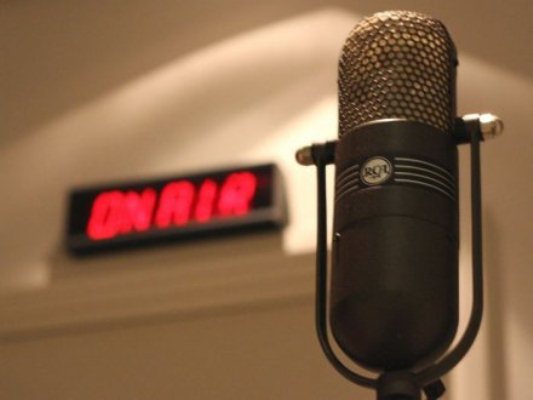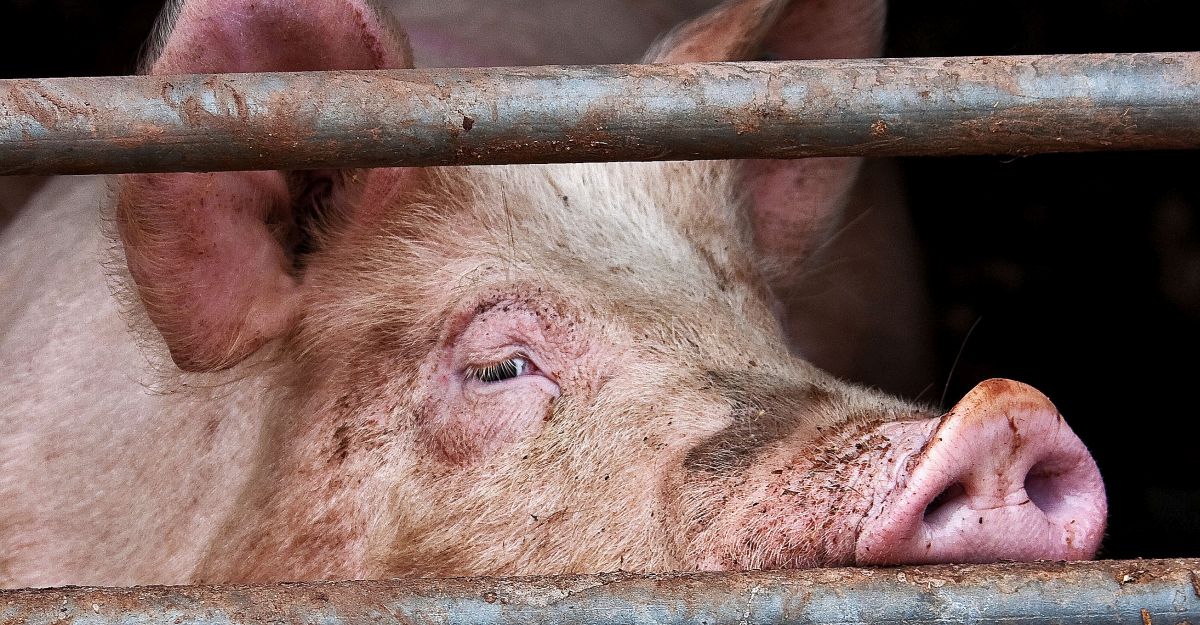The hot summer of February 1982: we are loading guitars, amps and drums up the concrete steps from the grimy car park of the Prince of Wales Hotel into the PBS studios on Fitzroy Street in St Kilda. The air is thick with red dust reflecting the blue lights of police vans cruising the strip. Sound engineer Ross Giles is setting up microphones around the carpeted piece of floor where Plays With Marionettes are about to perform. The mic stands and headphones are held together with gaffer tape and the mixing desk is a rough and ready relic from the early seventies. Yet Ross and his skeleton team have more than the requisite expertise necessary to relay our music live over the transmitters into the acrid Melbourne summer.
This is the first time I’ve ever played a live-to-air radio broadcast and the process seems curious and magical. We’ve never had access to an audience beyond the inner city pubs and clubs where we perform, so a PBS live to air is like opening a huge window onto the greater city from the psychic underground we inhabit. Radio possesses the unique power to reach tens of thousand people in a simple vibration of the airwaves fanning out across the bay, the hills and the flat dry plains to the west.
Because of this inherent ability to bridge space and time, radio has always been used for political purposes in a world where broadcasting is a tool to regulate mass perception of what is current, relevant and worthy to be heard. PBS is becoming the voice of alternative culture in this city; the ‘community’ in ‘community radio’ referencing an underground of artists and listeners with little interest in the commercial filler blurted from the myopic mindset of corporate radio and its moronic multinational sponsors. The major record label monopoly of music has hitherto been perceived as an impregnable fortress impossible to circumvent. But PBS has changed the rules of what can be heard on radio by challenging the major’s grip on the airwaves, and the result is a fascinating overview of roots, blues, reggae, punk, electronic and experimental music spliced with informed discussions of current affairs. PBS feeds into the swelling revolution of the DIY punk ethic and very gradually, a counter culture is born.
Four or five years later, I’m doing an interview with journalist Mick Geyer at the new, upgraded PBS suite in a hotel on the northern end of Fitzroy Street. Mick’s incredible knowledge and expertise regarding the secret history of rock, blues and jazz turns the interview, for me, into a fantastic voyage back through the fleeting fashions of the most mercurial music human ears ever heard. A finely-tuned intelligence like Mick’s uses PBS as a platform by which to transmit an informed musical sensibility through our isolated city. Commercial radio would have shut down our conversation within minutes, but at PBS there is no immediate censorship of real and relevant content – in this environment, extreme and visionary points of view are not just tolerated, but encouraged. PBS leads the way for an alternative culture in Melbourne that in the 1980s is gradually going global – global in its scope and appeal, and global in its roots and influences. This is because PBS doesn’t just broadcast local musicians and artists, but it feeds them with sounds that otherwise most of us would never get to hear at all – bands and artists from overseas with no distribution or profile in Australia. Radio brings us into the world, and it’s a two-way street to a deeper reality.
Some twenty years later, producer Loki Lockwood from Spooky Records is recording my band The True Spirit live for a 3PBS compilation to be called 25 Years to Life. The double-album celebrates twenty-five years of PBS and its tracklist scans the contemporary Melbourne scene from every conceivable angle, illustrating the reciprocal connection between the station and the music it supports. Amazingly enough, by now the word has spread far and wide about Melbourne music and the legendary radio station that fostered its evolution. European punters ask me questions about PBS in mythical terms because there is nothing like it where they live.
‘Do you know Dominic Molumby? Do you know his special show on the Velvet Underground?’ he asks.
‘How’d you hear it?’ I reply.
‘Through the internet’, he says. ‘There is no real radio here. In Europe, radio is locked up and controlled by vested interests whose only real mission is to advertise product.’
2013: I’m on tour with the Italian band Sacri Cuori and we’re back in PBS’s Studio 5 recording another live-to-air broadcast on Collingwood’s Easey Street. The band members, alighted from their Rome flight that very morning, look around in jetlagged wonder – can this be real, a community radio station focused on alternative music and politics funded by subscribers? For Sacri Cuori, this is an unheard-of concept. Nothing like this, they say, could ever happen in Italy. We set up and start playing with an already beautifully mixed sound in the headphones.
Over the last thirty years this station has evolved technically into a twenty-first century institution. As we’re leaving, Antonio says it’s no wonder Melbourne has such an influential and vibrant music scene, given the open-minded vision of public broadcasting that is community radio. We load our gear back into the van and take off through the rain-slicked streets for tonight’s show over on Sydney Road with the radio tuned in to the back announcement of our radio set and a promotion for tonight’s show. Incredible, they say, we must be dreaming.
The PBS Radio Festival runs 11–24 May. Get on board.



